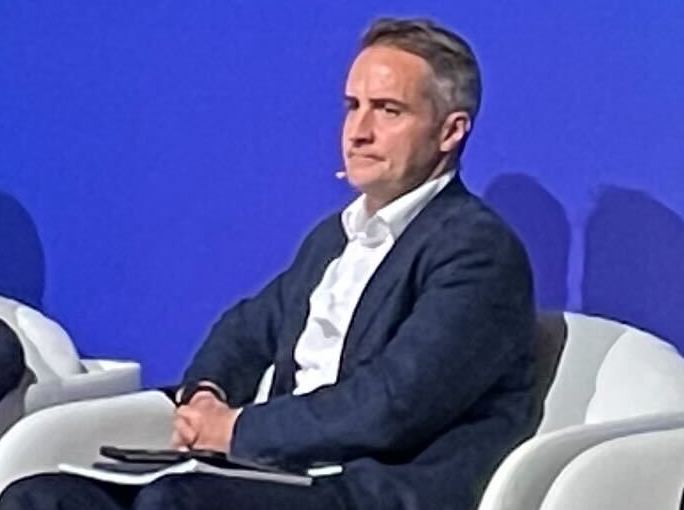
AMP is seeing “strong” take-up of Microsoft’s M365 Copilot among aligned and independent financial advisers, who are using it to record, transcribe and summarise client meetings.

Nick Hilton.
Advice delivery general manager Nick Hilton told last month’s Microsoft AI Summit in Melbourne that generative AI technology promised efficiency gains for advisers, while improving the oversight and risk position of AMP.
Hilton noted that much of the regulatory focus on the financial advice sector over the past five years had been around better documentation of client interactions and engagements.
This was particularly the case for AMP, which faced considerable scrutiny from the financial services royal commission over advice provision and fees.
Perhaps unsurprisingly, documentation of what does and doesn’t occur in meetings between advisers and their clients that use AMP products is now a big focus – and M365 Copilot is emerging as a way to efficiently create records.
Hilton said the average adviser might conduct between eight and 10 client meetings a week.
“It would normally be a one-hour meeting, with maybe 45 minutes [needed to prepare] the summary [of the meeting] after that,” he said.
With the use of Copilot, meetings are being recorded and transcribed, and summaries are being produced within 10 or 15 minutes of the conclusion of each meeting.
“That’s a huge time saving – eight hours per week, that’s 20 percent of the week improvement, so huge efficiency from an advisor’s point of view,” Hilton said.
“Clearly, the ability to transcribe that meeting and then create a summary off the back of a client meeting is huge.”
Hilton said that AMP has “rolled out” the client meeting summary process across its adviser network, and that “take-up is very strong”.
“It’s probably been a little bit more challenging because the Copilot wasn’t necessarily available to small businesses up until more recently, but obviously Teams [and Microsoft Stream] had a similar function, and there’s other ‘vehicles’ out there,” Hilton said.
The efficiency gains of advisers could open the possibility of delivering advice to more people; a benefit that other participants in adjacent industries are also keen to realise.
For Hilton, the “added benefit of documenting and recording everything” at an adviser level is that it reduces AMP’s exposure to risk.
“We’re accountable for a lot of the work that [advisers] do in this industry’s channels,” Hilton said.
Policy framework
Hilton said that advisers linked to AMP already need to adhere to a policy framework around data security and privacy standards.
The framework also covers how they might utilise generative AI as well; as many advisers are self-employed, Hilton noted that they could perform their own experiments with the technology, independent of anything AMP did or recommended to them to use.
While administrative efficiency use cases are being promoted, Hilton indicated AMP is not comfortable with trials of the technology in other areas.
“The stuff that was a bit nuanced was we were telling them not to do calculations and modelling through the tools, or to produce advice documents through the tools,” he said.
“We were very clear that that’s the stuff we’re just not ready for yet – there’s not enough QA [quality assurance] happening on the models yet to get comfortable on it, and we have some robust solutions for that already, so just stick with those.”
Hilton said that guidance to advisers is also intended to steer them “towards more enterprise-grade solutions” if they go down the path of individually experimenting with AI.
“There’s always a pitch from some upstart technology company that’s trying to promote to an adviser on what they can do with their technology and produce a statement of advice in 30 seconds or less,” he said.
“Those are the types of things we’ve got to educate [advisers] up on so they can ask the right questions and I think also push them towards more enterprise-grade solutions.”









